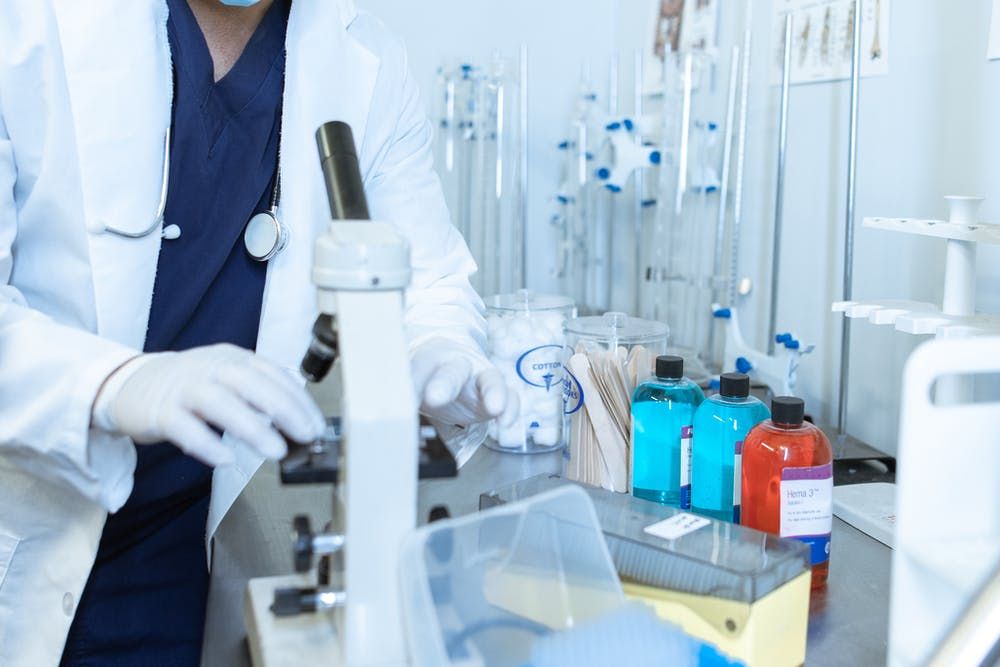The details of the causative organism in patients with infections acquired in the ICU have had limited reports.
Researchers at the University of Cambridge and Hospitals at the University of Cambridge, NHS Foundation Trust, developed a DNA test that quickly identifies secondary infections in patients with coronavirus 2019 (COVID-19). The results were published in the journal Intensive care.
Patients hospitalized with COVID-19 and with secondary infections have twice the risk of developing pneumonia during ventilation compared to those who do not have the virus. Mechanical ventilation is usually the only way to keep people with a severe form of the disease alive, but it makes them more susceptible to other infections caused by bacteria and fungi.
Researchers developed the method using a high-throughput DNA test that is able to provide doctors with the information they need to start treatment within hours, instead of the days required by current tests. The ability for faster results offers the chance for better treatments for infections.
“At the beginning of the pandemic, we noticed that patients with COVID-19 appeared to be particularly at risk of developing secondary pneumonia, and we started using a rapid diagnostic test that we had developed for that situation,” Andrew Conway Morris, co-author on the study said. “Using this test, we found that patients with COVID-19 were twice as likely to develop secondary pneumonia as other patients in the same intensive care unit.”
The test employs a multiple polymerase chain reaction (PCR) that detects bacterial DNA that can be completed in about 4 hours, creating a shorter window for bacteria to grow. The technology performs several PCR reactions in parallel, which allows the test to simultaneously detect 52 different pathogens, especially those that can infect the lungs.
For the first time, the test was used in routine clinical practice and was approved by hospitals. The researchers believe that similar approaches can provide a benefit if applied more broadly.
“We found that while patients with COVID-19 were more likely to develop secondary pneumonia, the bacteria that caused these infections were similar to those in ICU patients without COVID-19,” said Mailis Maes, the study’s lead author. “This means that standard antibiotic protocols can be applied to patients with COVID-19.”
